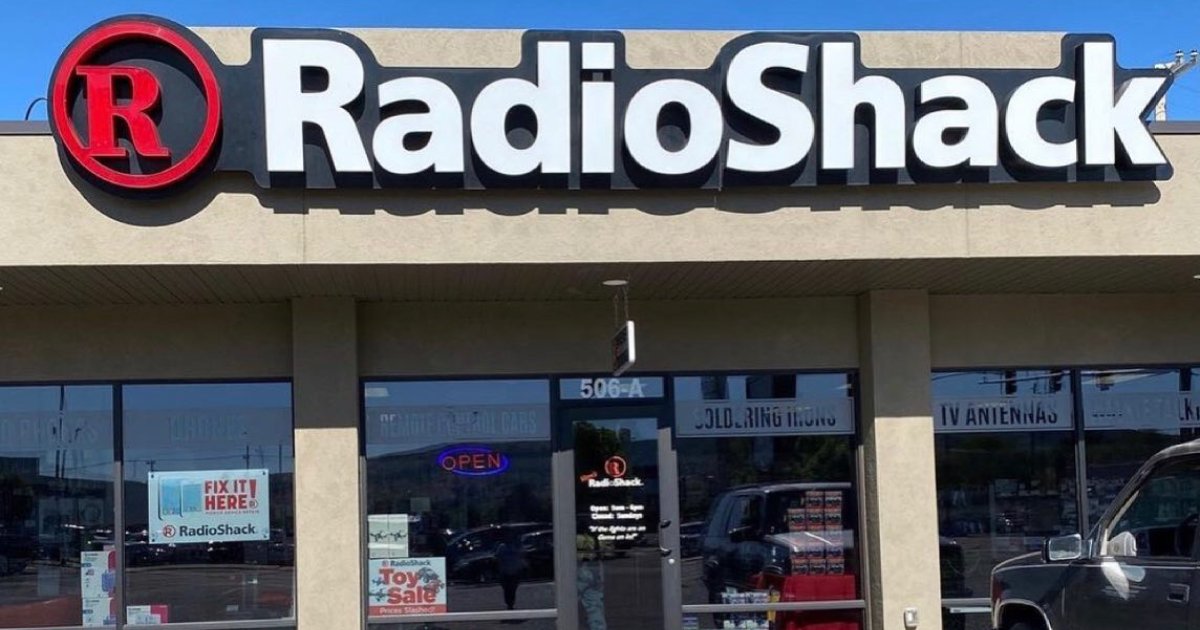Agencies Are on the Hunt for IPs

Amid bankruptcies and financials struggles, more IPs are finding a new home with well-financed brand management agencies.
The trend has been underway for several years but picked up speed during the pandemic as a wave of retailers dealing with lockdowns became more valuable for their brands than their storefronts. Now, it’s showing little sign of slowing down.
In fact, several brand management agencies have embarked on a buying spree with the backing of private equity firms like Warburg Pincus (Full Sail IP Partners), Oaktree Capital (WHP Global) and Neuberger Berman (Marquee Brands).
WHP Global and its retail partner Express acquired former direct-to-consumer brand Bonobos for $75 million earlier this month, far less than the $310 million Walmart paid for it in 2017.
Authentic Brands Group (ABG), which owns more than 80 brands, recently purchased Boardriders from Oaktree Capital with an IP stable that includes the surf brands Quicksilver and Billabong along with the 80-store Surf Dive ‘n’ Ski chain in Australia.
And mall operator Simon Property Group increased its stake in ABG to 12% earlier this year as their SPARC joint venture with the brand management company added Eddie Bauer to a roster that already included Reebok, Nautica, Forever 21, and Lucky.
“A lot of these brands were either retailers or relied on retailers that aren’t around anymore, so all that’s left that is valuable is the brand and the current owners aren’t situated well enough to do anything with it,” said Full Sail CEO Alan Kravetz, whose firm acquired the brands Odwalla (Coca-Cola Co.) and Weatherbeater (Sears).
Looking forward, there is also the expected May 2 auction of Retail Ecommerce Ventures’ (REV) RadioShack brand along with related Tandy and Realistic labels. It will be a so-called Article 9 auction, which allows secured creditors to find a buyer. REV had missed interest payments in recent months and the auction is quicker and cheaper than a bankruptcy filing.
For its part, REV—which purchased a string of retail brands out of bankruptcies with plans to refashion them as eCommerce businesses, including Pier 1, Stein Mart, and Modell’s—hired law firm Kirkland & Ellis to explore options for financial restructuring. REV posted $60 million in both revenue and losses in 2022, against $150 million in sales and $90 million in losses a year earlier. It has about $200 million in debt.
“You have a situation where interest rates are higher, a lot of people are stuck with inventory, and where consumers aren’t buying things as readily as they did before,” said a brand management executive. “Companies that own multiple brands are looking to rationalize their portfolio. Bankruptcies are also up, so we are getting a lot of emails and offers.”
Indeed, Procter & Gamble announced plans in 2014 to drop 100 labels and Coca-Cola embarked on an effort three years ago to trim some 200 brands from its portfolio, including Tab, Zico, and Odwalla. At the time, Coca-Cola CEO James Quincey said the move would allow the company to focus on stronger brands and those with growth potential.
PVH Corp. sold its Heritage Brands Group (Izod, Geoffrey Beene, Arrow, and Van Heusen) to ABG for $223 million in 2021. And earlier brand management firms that were once publicly traded have since gone private, including Iconix Brand Group (Lancer Capital) and Apex Global Brands (Galaxy Universal).
So while the restructuring of brand portfolios isn’t new, the emergence of well-funded buyers, especially during a downturn in the economy, is.
“Many of the private equity firms have a five- to seven-year horizon and it’s going to be determined by what the capital market structure is and whether it aligns with their personal desire,” Kravetz said. “Private equity’s nature is to cash out, and whether that makes more sense to sell to an operator, to another private equity firm, or take them public is going to depend on the business environment.”




